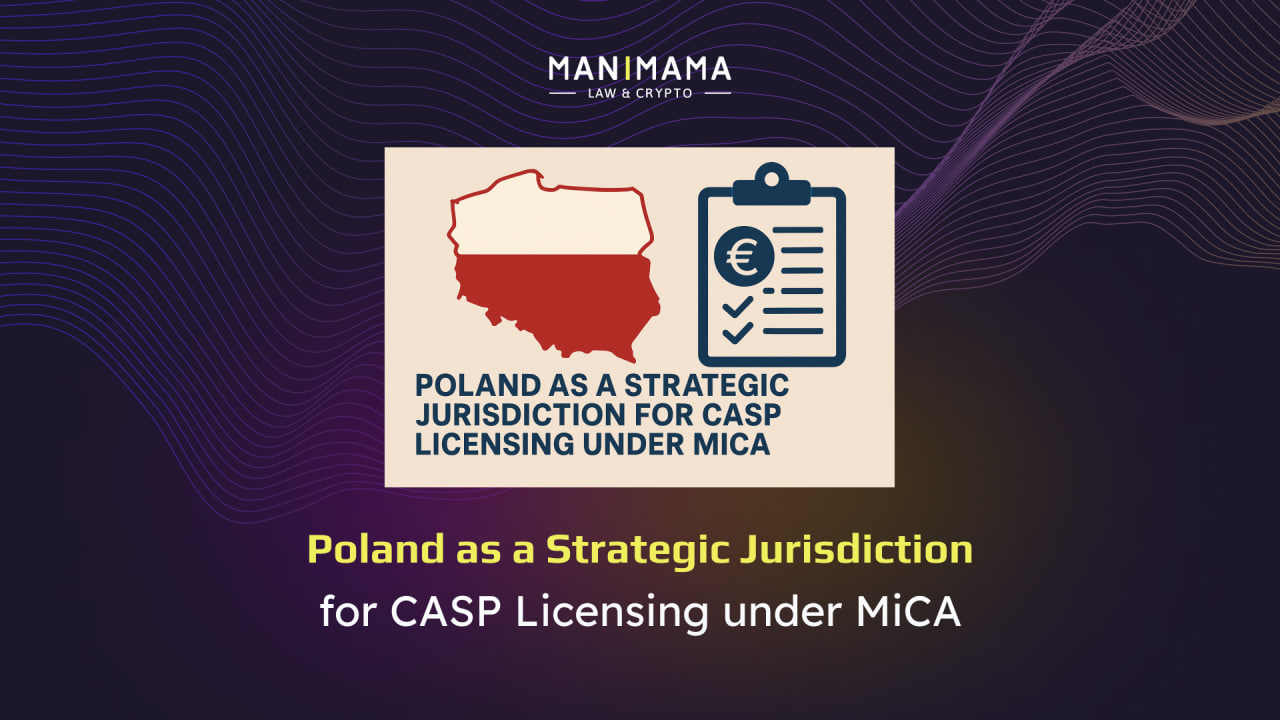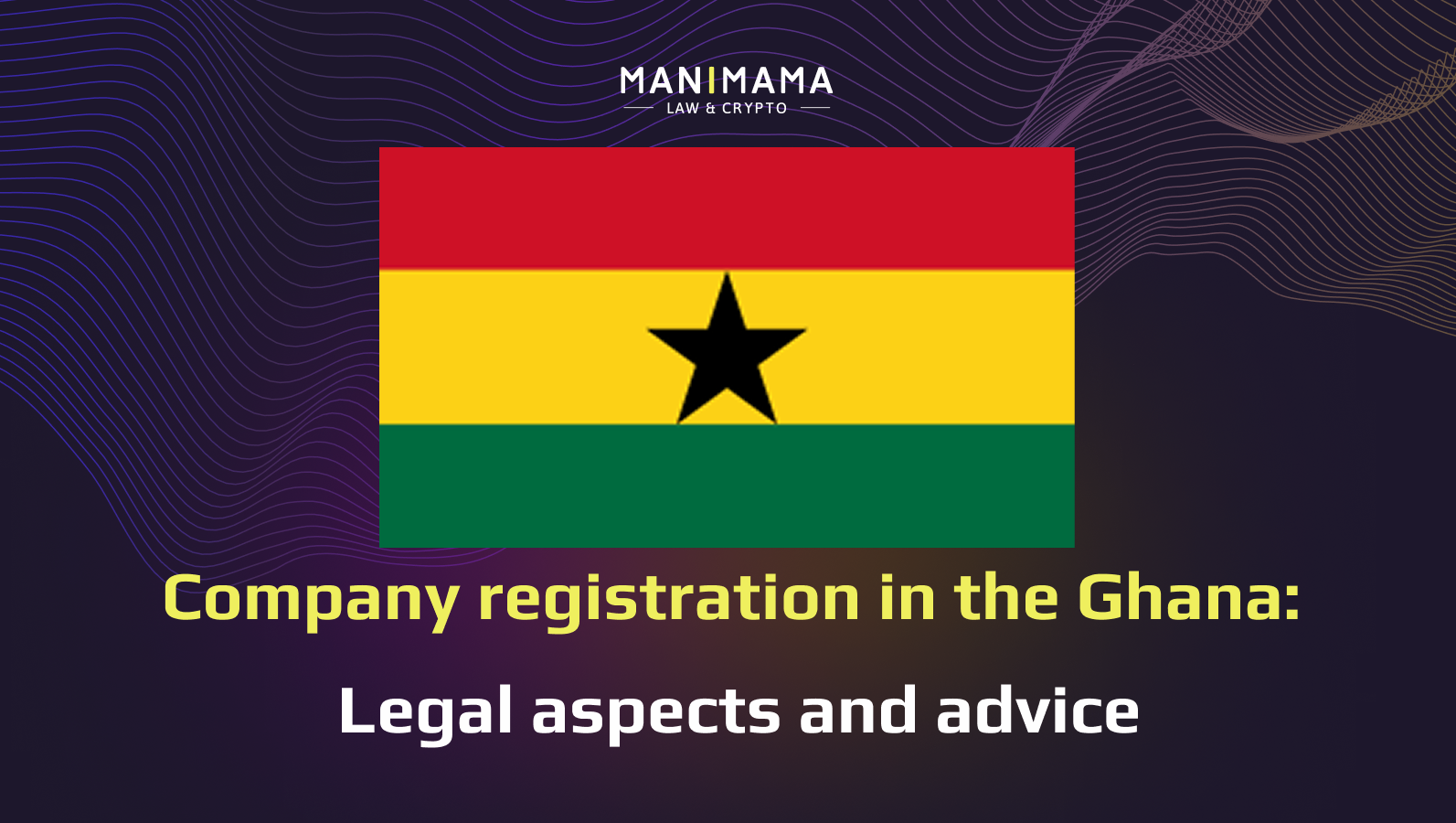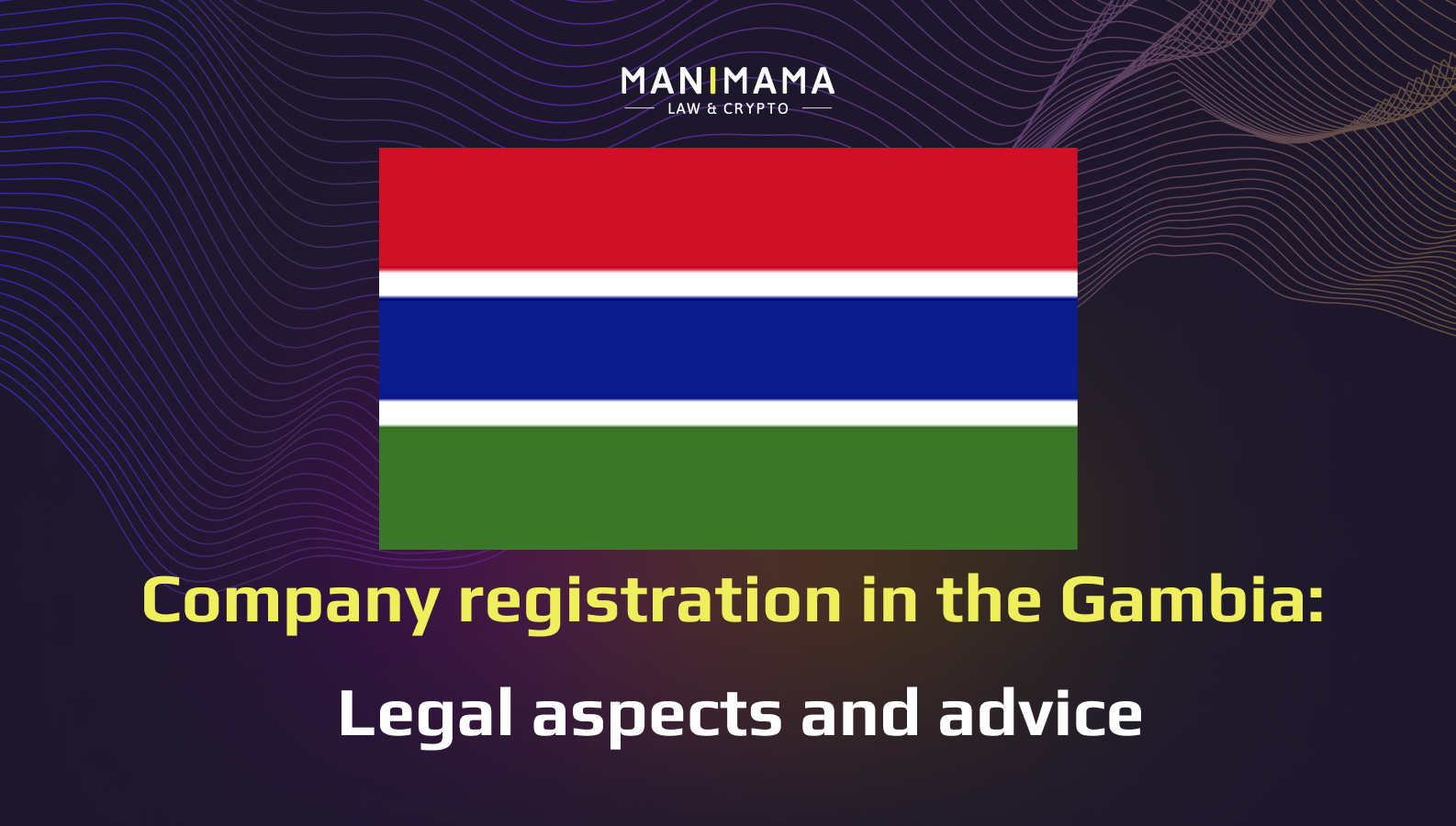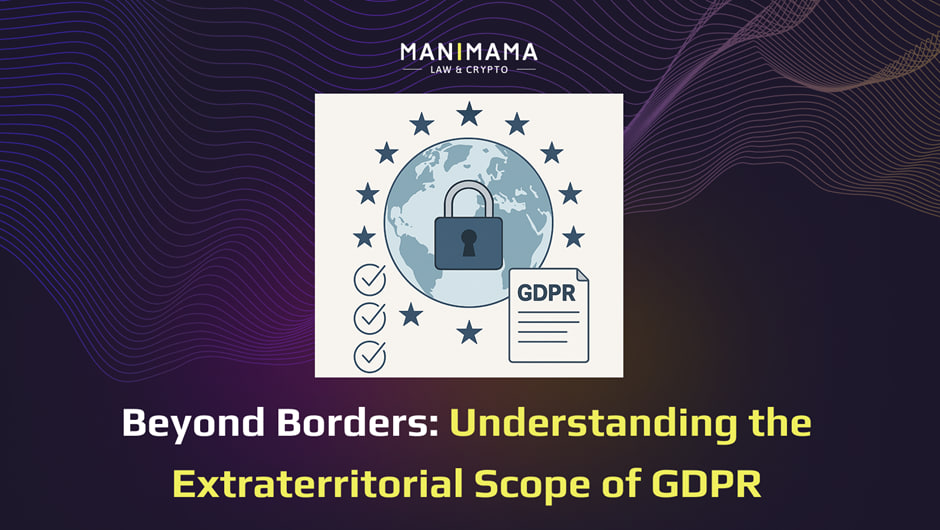The government of Hong Kong has maintained a relaxed approach towards cryptocurrencies for years, regarding them as virtual commodities which are not legal tender, money, or payment methods.
In essence, they do not fall under the supervision of the Hong Kong Monetary Authority.
Recently, the government has represented that it will have a more balanced approach to regulation of the cryptocurrency sphere, to ensure investor and user protection. In particular, the Amendment Bill announced in 2022, aims to introduce important changes to regulation of Virtual Assets under the auspices of the Anti-Money Laundering and Counter-Terrorist Financing Ordinance (hereinafter:-“AMLO”). “Joint Circular on Intermediaries’ Virtual Asset Related Activities” (hereinafter:-“2022 Crypto Regulation Circular”) which came into force On February 2022, serves the purpose of providing the global standards in this field. The article focuses on the how the proposed legislative changes regulatory landscape of Hong Kong’s Virtual Assets business.
Updates in AML law
New legislation which is currently under the parliamentary reading aims to develop a licensing scheme for virtual service providers (hereinafter:-“VASPs”), imposes statutory anti-money laundering and counter-terrorist financing (hereinafter:-“AML/CTF”) duties on VASPs as well as improve proper investor protection for virtual asset owners. As a result, once implemented, the VASP regime will not only impose a stringent licensing regime on VASP operators, but will also criminalize a wide range of crypto-related wrongdoing, regardless of whether it occurs on a licensed VASP exchange. The Bill is designed to govern the cryptocurrency market in Hong Kong have been presented to the members of the Legislative Council of China’s special administrative region and need their approval in two readings to become law. The provisions relating to the VASP regime is expected to take effect on March 1, 2023.
It is important to further note that, the Amendment Bill has defined a Virtual Assets (hereinafter:-“VA”) as a digital representation of value that:
- is expressed as a unit of account or a store of economic value;
either:
- functions (or is intended to function) as a medium of exchange accepted by the public as payment for goods or services or for the discharge of debt, or for investment purposes; or
- provides rights, eligibility or access to vote on the management, administration or governance of the affairs in connection with any cryptographically secured digital representation of value; and
- can be transferred, stored or traded electronically. (Section 53ZRA(1), Amendment Bill)
Finally, while the definition of a VA does not currently cover non-fungible tokens, the Amendment Bill provides that the Secretary for Financial Services and the Treasury may expand the categories of tokens captured by the “VA” definition by publication of a notice in the Gazette. (Section 53ZRA (4)(a), Amendment Bill)
Scope of proposed licensing regime for VASPs
The new requirements for VASPs are comparable to those that apply to traditional institutions in the financial services sector and they will have to meet similar financial adequacy requirements. Under the upcoming legislation, the SFC will also be responsible to ensure that virtual asset service providers adopt proper listing and trading policies as well as financial reporting and disclosure procedures. The Commission will also observe the implementation of mechanisms designed to prevent market manipulation and conflicts of interest.
As was mentioned before, Amendment Bill introduces a licensing regime for VASPs which provides that the business of operating a VA service – the operation of a VA exchange – is a “regulated function” requiring a license.
Entities working with cryptocurrencies that want to launch a trading platform, for example, would have to:
- obtain a license from the Hong Kong Securities and Futures Commission (hereinafter:-”SFC”) and
- fulfill a number of requirements, including:
- be a locally incorporated company with a permanent place of business in Hong Kong or a company incorporated elsewhere but registered in Hong Kong under the Companies Ordinance;
- an applicant must demonstrate:
- it is a fit and proper entity to be licensed to provide the Virtual assets service;
- it has at least 2 company secretaries who are each fit and proper to be responsible officers (hereinafter:-“ROs”), each of whom are of sufficient authority within the applicant and at least one of whom must be an executive director; and
- the ultimate beneficial owner of the applicant is fit and proper to be the ultimate beneficial owner of a VASP licensee.
- fulfill the factors that the SFC will consider in evaluating the fitness and properness of VASP applicants and associated individuals:
- whether the applicant has been convicted of offences relating to money laundering / terrorist financing, fraud, corruption or dishonesty;
- the applicant’s financial status or solvency;
- its experience and qualifications; and
- its reputation, reliability and integrity.
Another significant matter to highlight is criteria for fit and proper test. Fit and Proper test on the context of AML Amendment bill is modeled on the fit and proper requirements for the licensing of regulated activities under the Securities and Futures Ordinance (Cap. 571).
Licensing conditions and AML/CTF requirements
The Amendment Bill, which gave the SFC significant supervisory powers over licensed VASPs, provides that the SFC may impose a range of licensing conditions on a VASP licensee, including, but not limited to, requirements in relation to:
- financial conditions (e.g. capital requirements);
- risk management policies and procedures;
- anti-money laundering and counter-terrorism financing policies and procedures;
- management of client assets;
- financial reporting and disclosure;
- virtual asset listing and trading policies;
- market abuse policies;
- cybersecurity; and
- avoidance of conflicts of interest
It’s also important to note that the Amendment Bill also provides that licensed VASPs must comply with the AMLO’s requirements such as customer due diligence and record keeping measures.
CIRCULAR
The SFC and the Hong Kong Monetary Authority (hereinafter:-“HKMA”) jointly issued a “2022 Crypto Regulation Circular” on January 28, 2022. This Circular outlines the approach to regulating the distribution of crypto assets, which include “virtual assets” and “virtual asset related items,” as well as the supply of dealing and consulting services in relation to such assets.
The Crypto Regulation Circular focuses on the provision of distribution, dealing, and consulting services in relation to crypto assets through intermediaries licensed or registered with the SFC. What matters is that the Circular imposes a number of selling restrictions on the sale of virtual asset related products – which will be very likely as complex products – with a view to investor protection. The SFC and the HKMA granted a six-month transition period for intermediaries which are already engaged in virtual asset related activities. Intermediaries which do not currently engage in virtual asset related activities should ensure compliance with the requirements in 2022 Crypto Regulation Circular before introducing such services.
Requirements under the Circular
Under the existing complex product regime, an intermediary should comply with enhanced suitability requirements, in particular, they should:
- ensure the virtual asset or virtual asset related product is suitable for a client in all the circumstances
- provide sufficient information on the key nature, features and risks of the assets so as to enable a client to under the product before making an investment decision;
- provide a warning statement to the client;
- ensure that any recommendations or solicitations made are suitable for clients in all circumstances;
- where the virtual asset related product is to be regarded as a derivative, assess the client’s knowledge of derivatives; and
- conduct proper due diligence on the virtual asset related products.
As a result, in order to provide adequate investors protection, intermediaries licensed by or registered with the SFC are required to:
- execution via SFC Licensing Virtual Asset Trading Platforms;
- dealing Only for Professional Investors;
- dealing Only with Clients Trading Securities;
- meet Securities Regulatory Standards for All Virtual Assets.
Conclusion
Hong Kong’s new legislation establishes of new licensing regime, criminalizes crypto-related misconduct, imposes statutory AML/CTF obligations. Proposed amendments also covered restrictions on the sale of virtual asset related products with a view to investor protection. The first reading of the amendment bill was scheduled to took place on July 6, 2022, with the with the provisions relating to the VASP regime are due to take effect as of March 1, 2023. We keep an eye on further developments with law adoption and enforcement measures.
The content of this article is intended to provide a general guide to the subject matter, not to be considered as a legal consultation.
Photo credits











